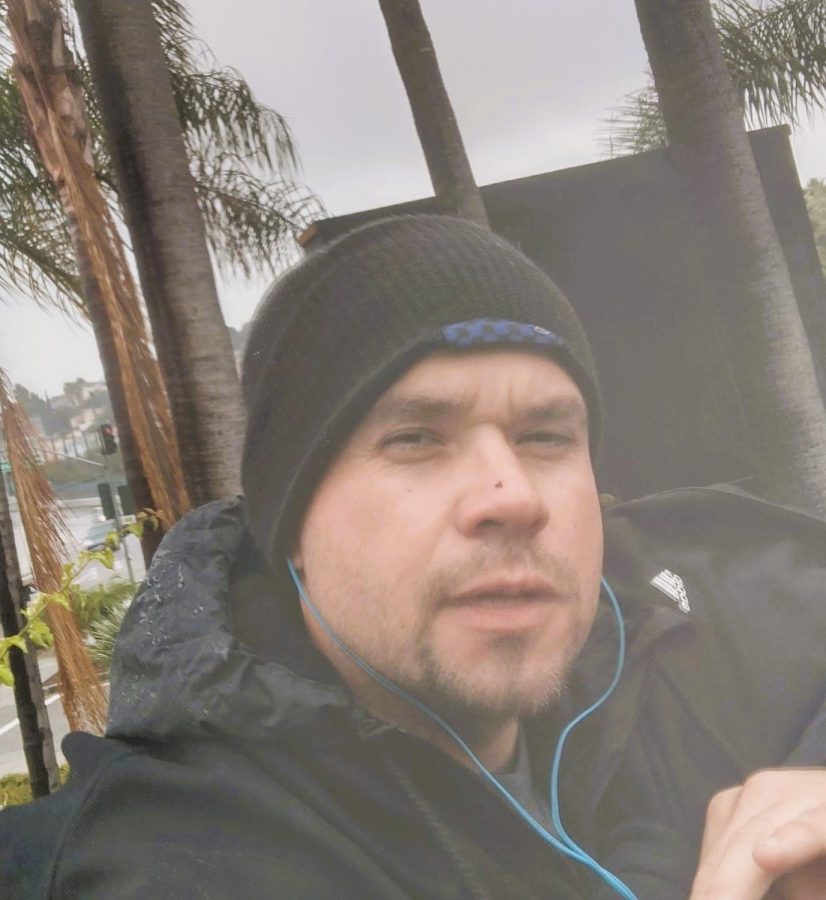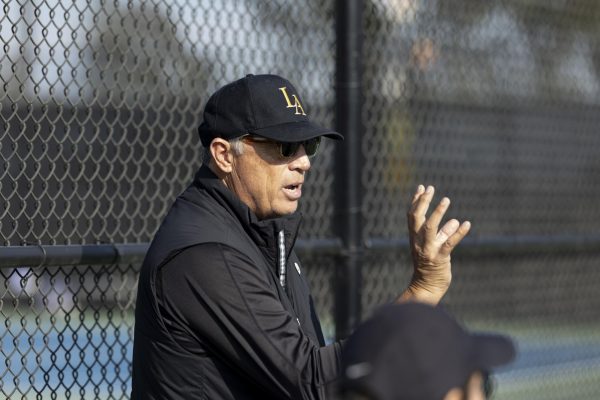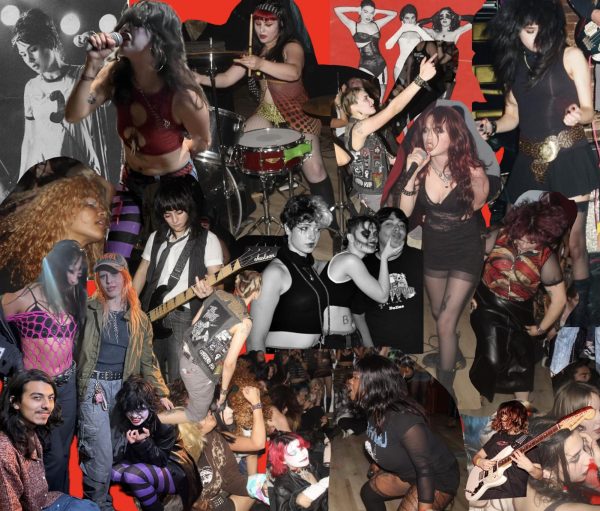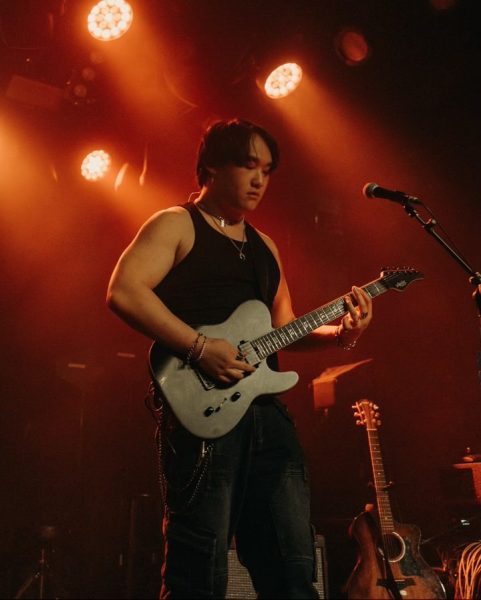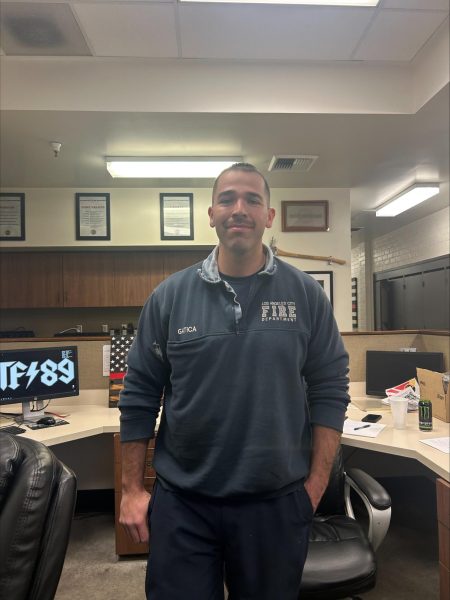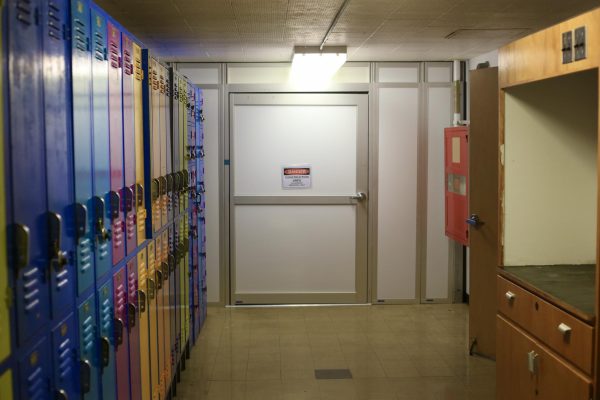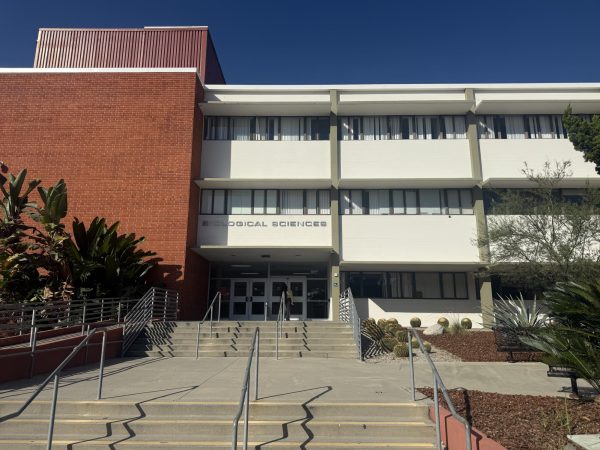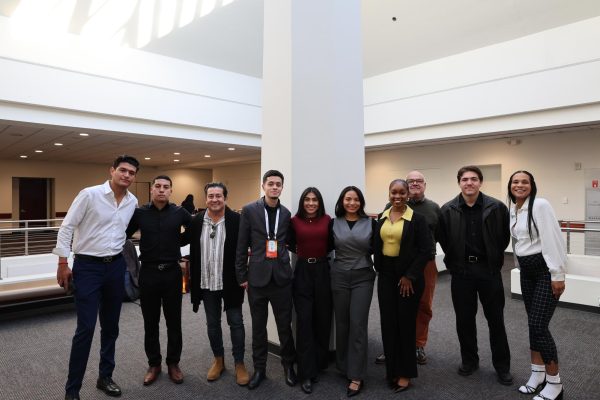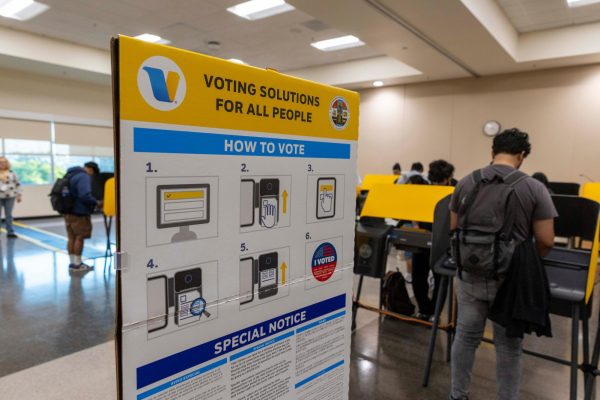Remembering Cal State LA student shot and killed near campus
Edgar Aguirre, a 38-year-old Cal State LA student who was shot and killed at the beginning of April, was described by peers as “quirky,” “happy-go-lucky,” and “always having a smile on his face.”
Aguirre was a communication major and was part of the Project Rebound program.
Project Rebound helps formerly incarcerated individuals adjust to life outside of prison and in their journey of getting a bachelor’s degree.
“By offering resources and connections with supportive entities, Project Rebound attempts to help students with their basic needs so that they can concentrate on their studies and achieve educational and personal empowerment,” according to the Cal State LA website.
Aguirre had only been out of prison for a few months, according to Project Rebound Director Summer Brantner. She also said he had been in prison since he was 18.
Brantner is not sure what Aguirre was convicted of and said Project Rebound doesn’t typically ask that of members. She also did not know if he was in touch with any family, after getting out of prison.
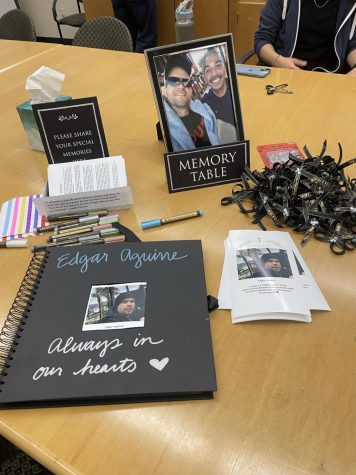
The University Times tried to find public records of Aguirre’s arrest in Los Angeles County court records but did not find any that could have matched his.
“It was a pleasure to see him walk in,” Brantner said. “He would always joke around. He was excited about school. He finally saw himself as a scholar and somebody took that away.”
Because Aguirre was in prison for so long, technology was a struggle that he had to overcome.
He was just getting the hang of computers and cell phones, according to Brantner.
“Sometimes we would talk about help with learning new things with technology, our conversations were pretty simple,” said Raymond Sheppard, who works at Project Rebound. “It’s a struggle to be in a transitional area. We’re all there for each other and it was unfortunate that we lost him that way.”
Aguirre lived in student housing. One of his professors, Dr. Dawn Dennis, had Edgar in two of her classes, History 3050: Digital & Public History and History 3450: Rise of Urban America.
Dennis also helped him secure housing while he was in her class.
“He lost his housing during my class and I was pissed,” Dennis said. “I was like, ‘Wait a minute, you cannot be in this class without housing because you won’t be able to concentrate.’ I wrote a letter to the Dean of Students. I was very happy when he got housing because it meant a stable environment, and he was proud of that.”
Dennis, who has worked with formerly incarcerated people and Project Rebound for years now, said that stability is one of the things most people forget when trying to support formerly incarcerated people.
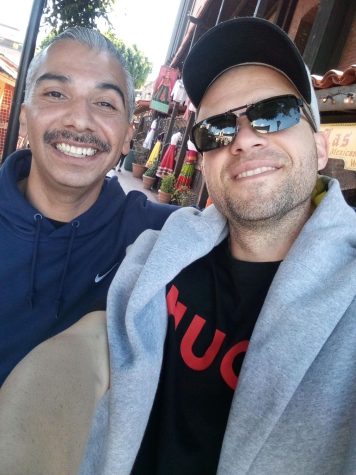
“He had so much wisdom that we can’t learn in a history textbook,” she said. “I think that is one of the most valuable lessons that he brought to the table, real life experience.
In one of Aguirre’s assignments for Dennis’ class, he spoke about the importance of having a driver’s license now.
“He talked about not only the ability to drive, but the ability to go to school,” Dennis said. “[To him], to see a driver’s license was important because it meant freedom, but also freedom to learn.”
Everyone who talked about Aguirre mentioned his love of learning.
“What I’ve learned thus far in my academic journey is that education is also an adventure,” Aguirre wrote for an assignment in Dennis’ class. “The reason why I say that is to highlight the fact that it is the only thing that is keeping me going. I can honestly say that, because when I had nowhere else to rest my head, Cal State LA spread its wings and brought me in.”
The following is part of one assignment in Dennis’ class, with minor edits to spelling and punctuation:
This picture of my driver’s license indicates my name, where I was born, and my home address. It doesn’t tell you that I’ve had negative experiences with law enforcement practically all my life, or that I’m a full time college student…
Ironically enough, incarceration was the bridge that allowed me access to college. Yet why is college so important? The obvious answer is to obtain a career. What other reasons would warrant seeking a higher education?
What about agency? Having a voice which is backed and supported by a reputable institution of higher learning. Therefore, being a student could probably be more interesting than we might have thought. It is essential that students practice these “resources of agency”, especially minorities who constantly struggle to preserve their cultures…
What I want to gain from this whole process in communication studies is to be someone who has a better understanding and appreciation of time and sacrifice. Like a good number of Latinx parents, my mom left her home country to come here in pursuit of true happiness.
Unfortunately, prisons, drugs, crime etc will never cease to exist under our current system of capital interest. Be that as it may, there is ultimately only one barrier that could get in my way. That barrier would be me.
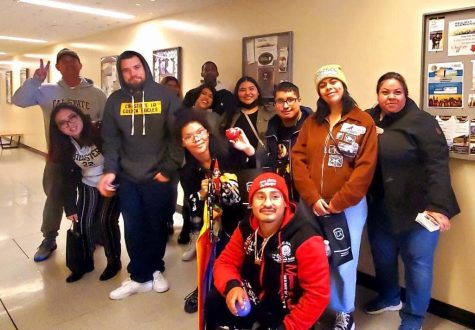
“I was devastated,” Dennis said. “I’ve lost two students in the last two years, one from COVID and then Edgar. It is devastating, because we have a professional relationship with these students. We are mentors to them, and we advocate for them.”
Brantner, Sheppard and Dennis all said they were worried about the amount of recent crimes near the Cal State LA campus.
“We’ve just been wanting everybody to stay away from Valley Blvd.,” Brantner said.
Project Rebound has been offering rides home to members, according to Brantner.
“This is not typical. Nobody saw this coming,” she said. “It’s just crazy how much violence is going on right now and I’m worried about our students.”
Sheppard had similar thoughts and warned Cal State LA students to stay away from Valley Blvd.
“We should be talking about the safety of our students because Valley is one of the most dangerous streets around,” Sheppard said. “I mean, there’s murders all the time on that same corner, there’s been multiple murders, shootings, a high school kid got stabbed. It was all right there. I see kids on that street all the time, they’re just uninformed.”
Members of Project Rebound have been going in pairs to set out lit candles near the Golden Eagle Apartments on Valley Blvd. in Aguirre’s honor.
Brantner is working to get a campus memorial service and wants to get an art installment that can be dedicated to the Project Rebound space in the King Hall basement, in Aguirre’s honor.
So far, no suspect has been named for Aguirre’s death, according to the LAPD and the campus-wide emails.
“I just want people to know who he was because he was bright,” Brantner said. “He was just figuring himself out. We loved him, and we miss him.”
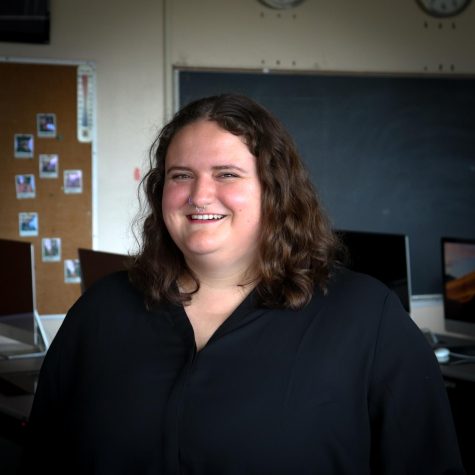
Victoria Ivie (she/they) is a fourth-year journalism major. She is the Editor-in-Chief of the University Times and writes with a focus of undercovered...

